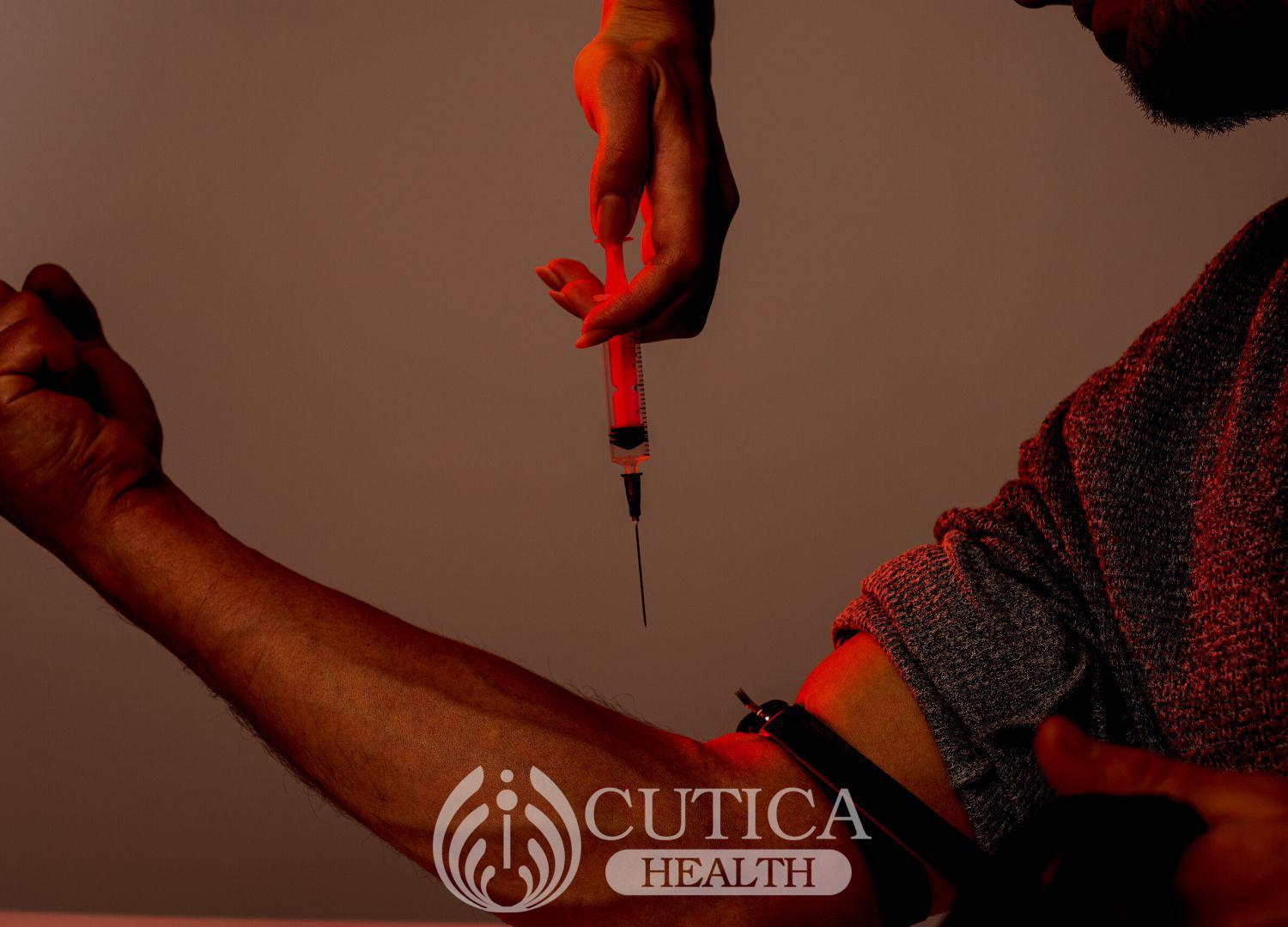
“ She’s dead,” the doctor said, and his words felt like a dagger to Chloe’s heart.
Earlier that day, when the sun was rising, Chloe had gone to check up on her 20-year-old daughter. And what she saw was terrifying—her daughter seemed lifeless and was surrounded by empty vials and injections, one of which was still on her hand and contained whatever drug she had been injecting.
She knew Anna, her daughter, had been suffering from substance abuse and had been to many rehabs before she clocked 20. She thought Anna was over this, but apparently, she wasn’t as evident in her body, which felt so cold to the touch. That was her baby, her child, dead.
Intravenous (IV) Drug Use
Most drug addictions start with oral use or smoking. But the need to get euphoric “highs” makes addicts resort to abusing drugs like cocaine or heroin through the intravenous route. Opting for IV drug use can cause life-threatening damages or even death. Some of the numerous health problems of IV drug abuse include heart disease, overdose, infections, etc.

1. Skin Infections
IV drug abuse can increase the risk of an addict having skin infections, such as abscesses. These abscesses form when contaminants like viruses, germs, or bacteria on the surface of the needle (mostly an already used one) get introduced into the individual’s skin.
Then, the body’s immune (defense) system tries to defend itself against the infection by sending white blood cells (“body’s soldiers”) to the infected area—pus forms from white blood cells, damaged tissues, and germs.
2. Blood-borne Infections
Some drug abusers share needles and thus have high exposure to the immunosuppressive disease called HIV. They are also at risk of getting the virus that could potentially cause liver damage—hepatitis. These infections are blood-borne and can be spread via sharp objects, including shared needles for IV drug abuse.
3. Heart Disease
Drug addicts could have inflammation of the heart's interior lining from intravenous drug abuse. This occurs when the contaminated needle introduces and spreads infections and bugs from outside the body into the blood vessels then straight into the heart.
This infection, called endocarditis, mostly results from introducing germs or bacteria into the heart via the bloodstream. Addicts with weak or artificial heart valves have a higher risk of having endocarditis. If left untreated, the heart valves could get destroyed, and life-threatening complications arise.
4. Overdose
Injecting drugs directly into the body raises the risk of an overdose. As abusers get “high,” they consume more to sustain this feeling and this could accidentally overdose. In many cases, also, IV drug use causes users to mix a cocktail of drugs, enhancing the effect of each drug, potentially causing overdose. Overdose can cause serious health issues, including heart attack, coma, and even death.

Conclusion
IV drug abuse comes with many attendant problems, including transmission of deadly blood-borne infections, infections to the heart, as well as the risk of overdose. It is important to note that the indiscretion that comes with drug abuse allows IV drug users to share needles used by other addicts, potentiating these risks.












